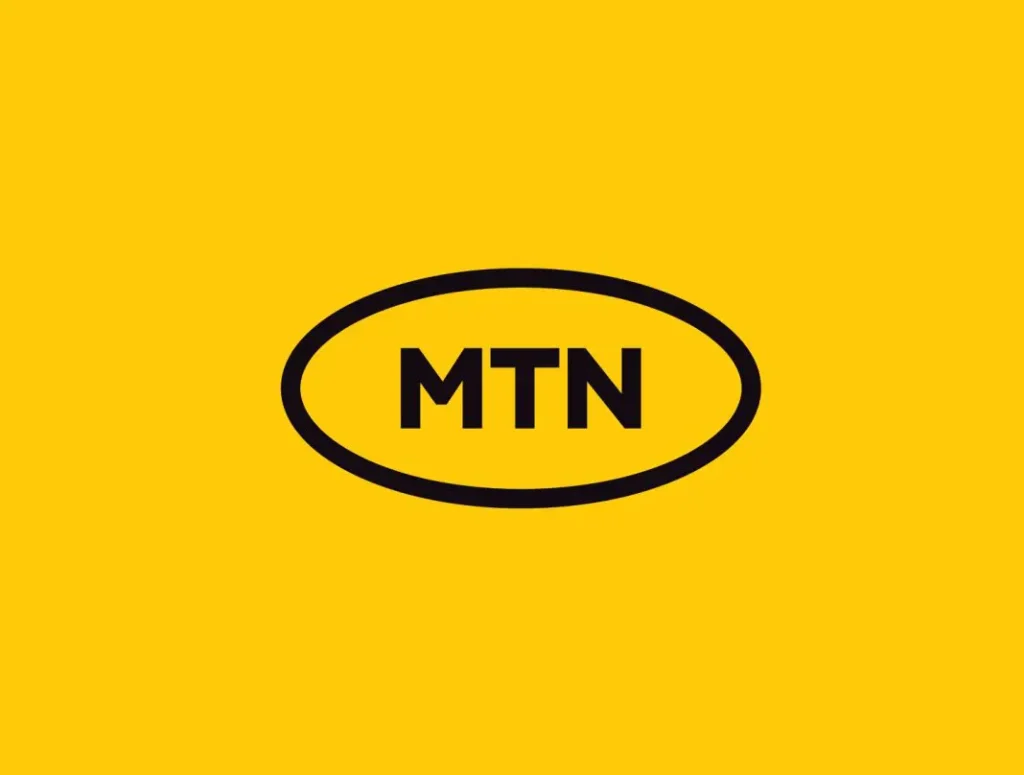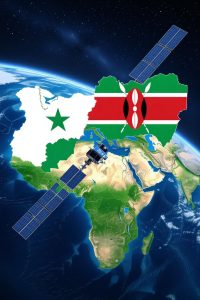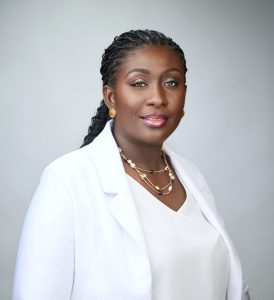MTN Group CEO Ralph Mupita has called for empowering Africa’s youth with digital tools to capitalize on the continent’s growth potential, emphasizing partnerships in AI and connectivity during discussions at the UN General Assembly (UNGA).
Nigeria’s Minister of Communications, Innovation, and Digital Economy, Bosun Tijani, challenged MTN and other firms to accelerate Africa’s AI revolution. Highlighting the launch of N-ATLAS—an open-source AI framework developed with startup Awarri and partners like Data.org—he urged MTN to fund data collection for underrepresented African languages. Trained on five Nigerian languages and accented English, N-ATLAS addresses AI biases from English-dominated datasets, risking exclusion of millions and cultural erosion. Tijani envisions scalable models like “S-ATLAS” for countries such as Sierra Leone, stressing collaborative leapfrogging: “Government is typically slow… MTN came in, IHS chimed in, Airtel contributed. And boom, we started the largest talent accelerator in the world.”
Mupita accepted the challenge: “We like these kinds of partnerships.” South Africa’s Communications Minister Solly Malatsi echoed the push for linguistic diversity in AI, criticizing the tech’s “glaring gap” in covering over 7,000 global languages. At a G20 forum in April, he advocated for regulatory frameworks to include more voices, viewing AI as a tool for language preservation through data creation and education.
Bridging the Digital Divide
GSMA’s Sub-Saharan Africa head, Angela Wamola, warned that without broader internet access, Africa risks lagging in the AI era. Citing Worldometer data (1.55 billion Africans) and GSMA’s 2025 report (only 500 million online, or 30%), she used a soccer analogy: Africa’s “team” has just three players on the pitch—330 million with smartphones (mostly 3G) and 80 million on feature phones—while 1 billion remain “on the bench” or in the “locker room” due to coverage or affordability gaps. Mobile operators have invested over $40 billion in 4G networks, but low device penetration hampers adoption. Wamola called for partnerships to “get all those on the bench… onto the pitch.”
MTN is targeting this through affordable devices, negotiating $20 smartphones with manufacturers, and drawing lessons from India’s $12 JioBharat 4G feature phone. In South Africa, MTN’s May initiative—partnering with Smartphone For All—will distribute 1.1 million preloaded 4G devices to select customers by 2026, locked to MTN SIMs. Mupita noted tax hurdles like 30% customs duties but praised government collaborations, including Nigeria’s subsea cable security efforts.
Youth Dividend and UNGA Focus
Mupita, GSMA’s global deputy chair, highlighted Africa’s youth bulge (ages 15–64 outnumbering dependents) as a “huge advantage” if nurtured via education, skills, and jobs—per UN guidelines—to avoid a “burden” of frustrated youth. He stressed digital access as “fundamental as electricity,” warning against Africa becoming a “digital underclass” in Global North-led AI talks. At UNGA, Tijani prioritized AI productivity in sectors like agriculture, affordable connectivity, and digital skills, while Mupita eyed geopolitical navigation.
Tech for Agriculture
Both leaders see AI and connectivity transforming agriculture, Africa’s economic backbone (25% Sub-Saharan GDP). Mupita noted the continent’s 70% share of global arable land but low yields, urging tech for better markets and pricing—e.g., helping East African coffee farmers. Tijani contrasted Nigeria’s 2.5 tons/hectare maize yield with South Africa’s 5–6 tons and Brazil’s 10–12 tons via precision farming, enabled by connectivity for targeted inputs.
MTN’s stakeholder ties—with regulators, governments, and 300 million customers—underpin these efforts, leveraging spectrum for infrastructure. As Mupita put it, “We must be in the rooms… designing our future.”
Source: Sunday Times





